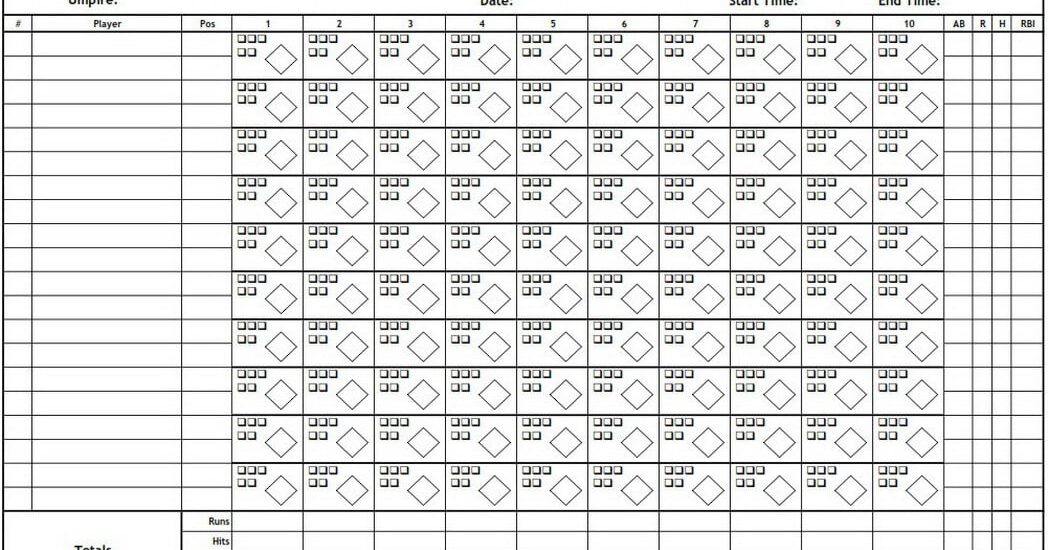closing deals
-
Bob Chronicles Part 6 – When Salespeople Suddenly Make Things Your Problem
- January 20, 2022
- Posted by: Dave Kurlan
- Category: Understanding the Sales Force

Bob was informed 2 weeks ago that an important customer proposal would be due by the end of business today. At 4pm, Bob was in a panic, screaming that he needed pricing in the next 10 minutes or you’ll lose the business. Suddenly it has become your problem.
-
How to Prepare for the Coming Sales Team Super Storm
- September 22, 2021
- Posted by: Dave Kurlan
- Category: Understanding the Sales Force

My first reaction was that this must have been something from 2016 – right before the boom that lasted until the pandemic slammed the economy to the ground. Or, from the 4th quarter of 2020, when we expected the economy to come roaring back. But it simply can’t be something that is remotely relevant to what we are about to experience. Here’s what we know, and how that will impact companies and their sales teams in 2022.
-
Which 4 Sales Competencies Best Differentiate Top from Bottom Salespeople?
- October 9, 2018
- Posted by: Dave Kurlan
- Category: Understanding the Sales Force

I reviewed data from nearly 511,000 sales evaluations and assessments from among the that Objective Management Group (OMG) has produced to date. I compared 21 Sales Core Competencies (you can see much of that data here) of the top 5% (elite) with the bottom 50% of all salespeople. Then I identified the 4 competencies with the biggest gaps and you can see those in the image below.
-
Elite Salespeople are 26 Times More Effective at This Competency Than Weak Salespeople
- August 14, 2018
- Posted by: Dave Kurlan
- Category: Understanding the Sales Force

Elite salespeople don’t need to close and weak salespeople suck at closing. Want proof? Let’s review some data from 1831605 evaluations and assessments of salespeople conducted by Objective Management Group (OMG). You can see and play with the data here.
-
Companies Rush to Get This One Thing in Place for their Sales Teams Before January
- December 1, 2016
- Posted by: Dave Kurlan
- Category: Understanding the Sales Force

Over the past few months, the majority of the calls and emails coming in have been to get help building predictive scorecards. Yesterday alone I spoke with the CEO’s from 3 companies about building and slotting scorecards into their existing sales processes.
Why the sudden rage over scorecards?
-
How Can a Simple Zero Derail a Sale or Deal?
- January 7, 2015
- Posted by: Dave Kurlan
- Category: Understanding the Sales Force

Today, I was coaching a very talented salesperson, one who is even better at getting deals closed. Yesterday, he closed a large deal when late in the day, and completely out of nowhere, he got the dreaded “we changed our mind” email. This is his story.
-
How to Use Playlists to be More Effective at Selling
- February 27, 2012
- Posted by: Dave Kurlan
- Category: Understanding the Sales Force
Clients don’t usually know what they really need, but instead often identify what they think they need. Clients hardly ever know what their problems truly are, but some have identified symptoms.

